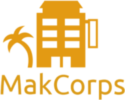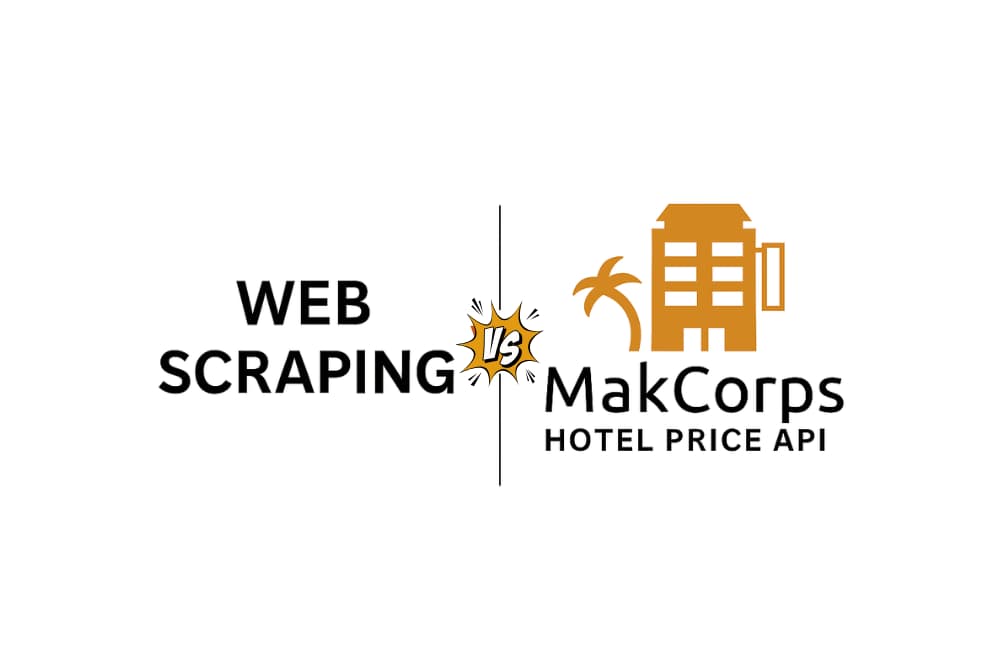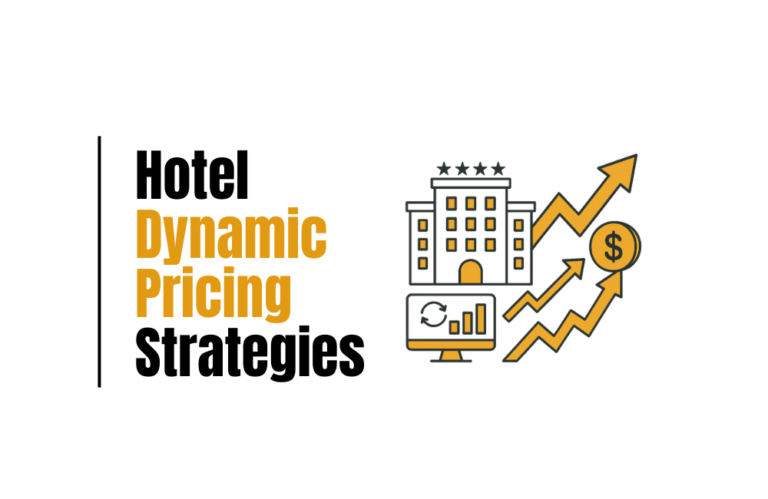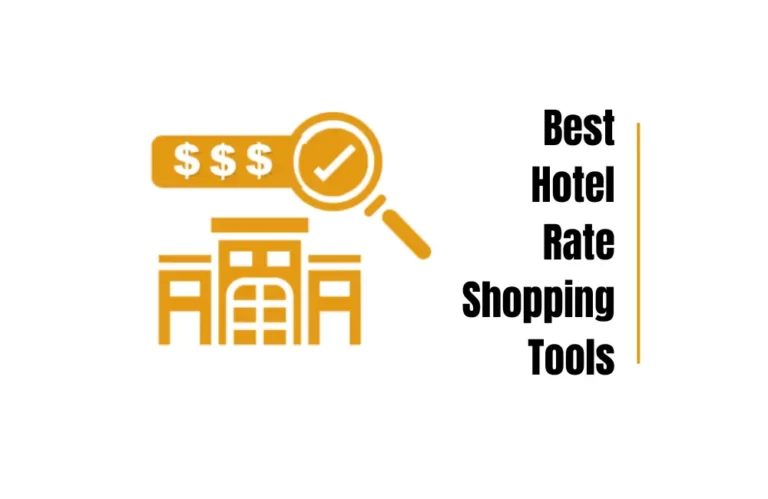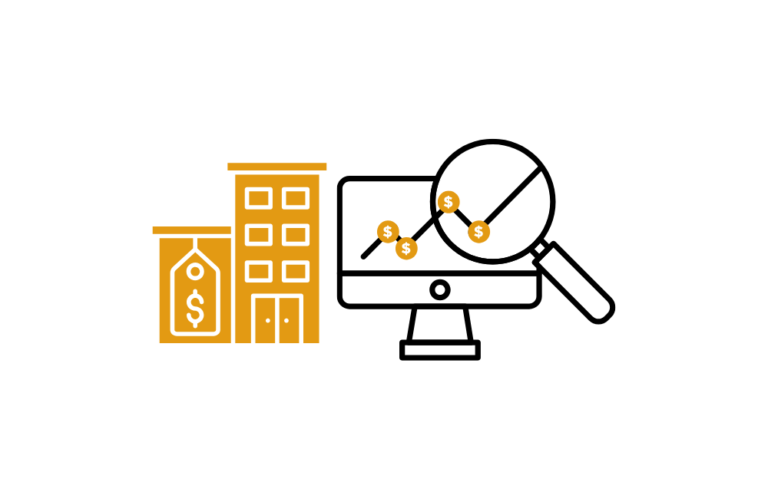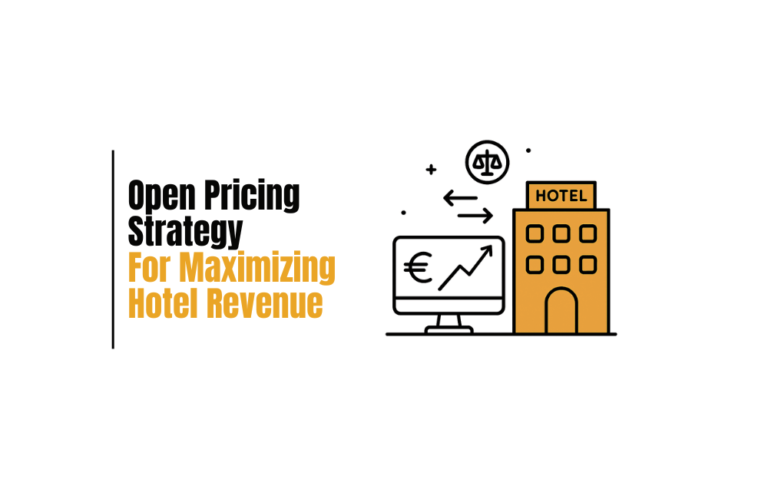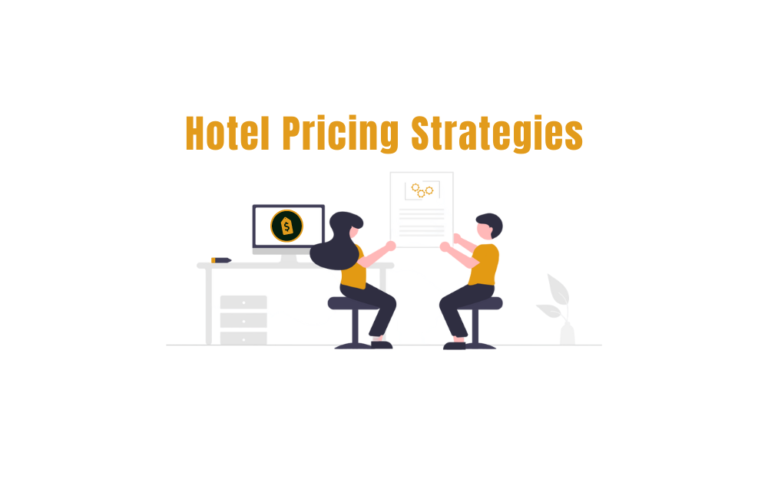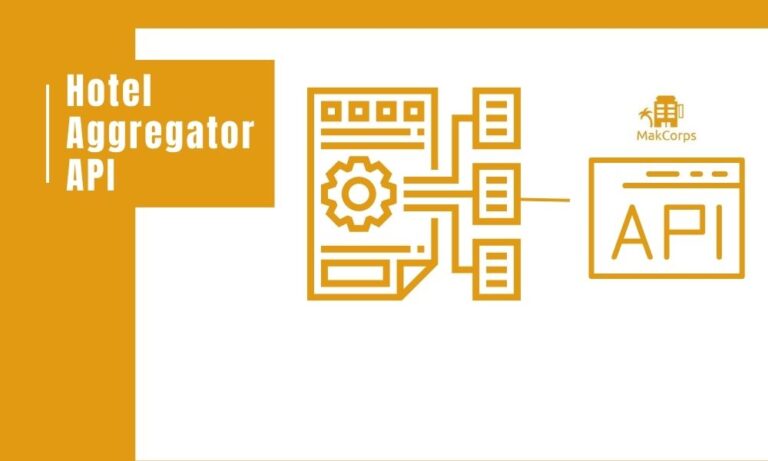Makcorps API vs Web Scraping: What’s More Scalable for Hotel Price Monitoring?
If you run a travel agency, a booking platform, or a revenue management team at a hotel chain, you already know that keeping track of hotel prices is tough. Rates shift constantly, and if you can’t keep up, you risk falling behind competitors.
Plenty of businesses turn to web scraping for price monitoring. It’s common, it works, and yes, it can pull rates from sites like Booking.com or Expedia. But here’s the catch: scraping isn’t smooth sailing. It eats up time, demands constant upkeep, and often breaks whenever a site makes the tiniest change.
Now, picture the other option. An API built specifically for hotel price monitoring. Instead of wrestling with messy code, CAPTCHA, and blocked IPs, you get clean data delivered straight to you. Real-time, accurate, and without the constant maintenance.
So, whether you’re already scraping prices and are sick of patching broken scripts, or you’re just figuring out the best way to monitor hotel rates, you’re in the right place.
Before we jump into the best way, learn about the scalability challenges you might be facing in monitoring hotel prices across multiple vendors, markets, and geographies in real time.
What is Web Scraping for Hotel Prices?
Web scraping is the process of pulling data directly from websites. In the context of hotel pricing, it’s a widely used method where you build scrapers to extract price data from booking platforms like Booking.com, Expedia, Agoda, and others. The challenge is that each platform has its own structure, so you need to set up and maintain a separate scraper for every vendor, which quickly becomes complex as your coverage expands.
Typical setup includes:
- Crawling hotel booking websites.
- Parsing the HTML structure of each page.
- Extracting pricing data and organizing it into a usable format.
Common tools and technologies:
- Python libraries like BeautifulSoup and Scrapy.
- Automation tools like Selenium for dynamic websites.
- Custom-built scripts with rotating proxies and data pipelines.
Advantages of web scraping:
- Flexibility to decide which websites to scrape.
- Full control over what data you collect (not limited to prices you can also pull reviews, amenities, or room details.
Challenges with scalability:
- Frequent website structure changes: A single layout update can break your scraper.
- Anti-scraping measures: CAPTCHAs, IP bans, and rate limits can block access.
- High maintenance costs: Constant debugging, proxy management, and re-deployments drain resources.
- Legal and compliance issues: Many booking sites explicitly prohibit scraping in their terms of service, which can create serious risks.
What is Makcorps API?
The Makcorps Hotel Price Comparison API gives you direct access to hotel rates from 200+ major OTAs and vendors in one place. Instead of scraping and stitching data from individual booking sites like Booking.com or Expedia, you get ready-to-use, standardized results in real time.
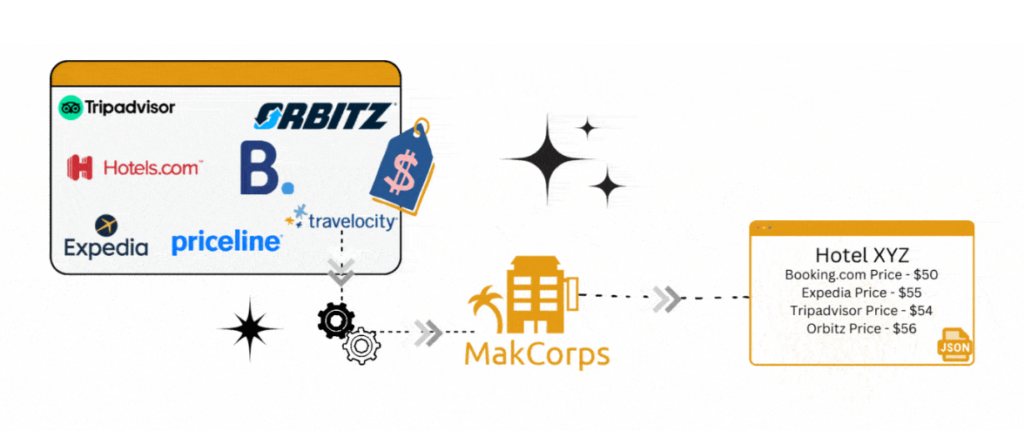
It plugs easily into any website, app, or workflow. Whether you want data in a spreadsheet, connected to your analytics tools, or automated through no-code platforms.
👉 Helpful tutorials to get started:
- Extract hotel prices into Google Sheets
- Build a hotel price finder with Lovable
- Track hotel prices with Makcorps API + Lovable
- Extract Booking.com prices with Python
- Send Booking.com data to Google Sheets
- Track the cheapest prices across vendors in Sheets
Key Features
- Clean, structured JSON output.
- Real-time price updates.
- Global vendor coverage.
- Built-in currency converter.
Challenges:
- Comes with request limits and subscription costs.
Scalability Analysis: Web Scraping vs Makcorps API
| Factor | Web Scraping | Makcorps API |
| Data Volume Handling | Limited by IPs, server capacity, and rate limits. | Optimized infrastructure that handles bulk queries with ease. |
| Maintenance & Reliability | Requires constant updates whenever websites change. | Vendor-maintained with minimal overhead. |
| Speed & Real-time Monitoring | Often slower, bottlenecked by request limits and crawl delays. | Optimized for high-speed, near real-time data retrieval. |
| Global Coverage & Vendor Diversity | Needs separate scrapers for each OTA, making scaling complex. | Pre-integrated with 200+ vendors worldwide. |
| Legal & Compliance Risks | Operates in a gray area; risk of IP bans or lawsuits. | Provides licensed, compliant data access. |
| Cost Efficiency | High long-term development and server costs. | Predictable subscription-based pricing. |
Conclusion:
Scalability is the real test of any hotel price monitoring solution. Web scraping may give you control in the short run, but it quickly collapses under the weight of maintenance, compliance risks, and rising costs. Makcorps API, by contrast, is built to handle scale and offer reliable, real-time data from 200+ vendors without the headaches.
For anyone serious about long-term hotel price tracking, the verdict is clear: Makcorps API is the smarter, future-ready choice.
👉 Sign up free today and get 30 API calls to see the difference yourself.
Additional Resources
Explore these guides to dive deeper into hotel pricing strategies, APIs, and data-driven insights that can give your business a competitive edge.
- Hotel Pricing Monitoring: Definition, Importance & How To Do It
- Hotel API Provider Companies
- Access Hotel Pricing Data Without OTA Partnership
- Why Do You Need a Hotel Price Comparison API?
- Best Lighthouse (OTA Insight Alternatives)

Neha Jangid writes for Makcorps, bringing over three years of hands-on experience in the hotel and travel data space. She digs deep into hotel APIs, flight info, and travel tech, turning complex details into easy-to-understand content that actually helps businesses and readers. Neha works closely with hospitality sites and industry experts to stay sharp and share practical insights. Her goal is simple: make travel data useful, not confusing.
